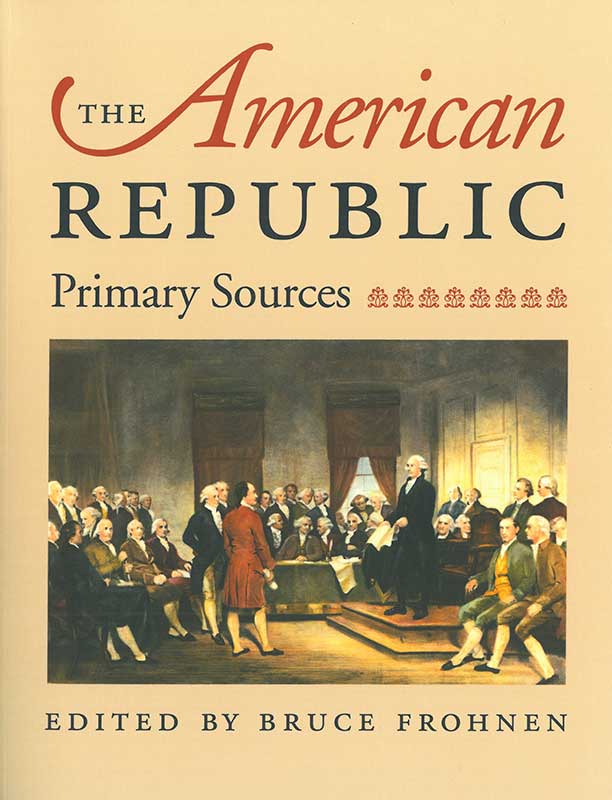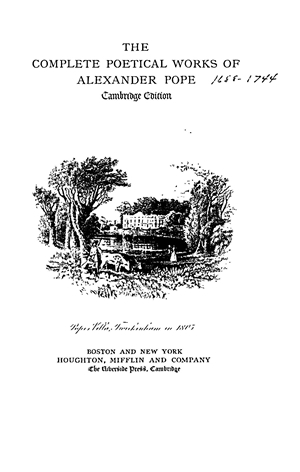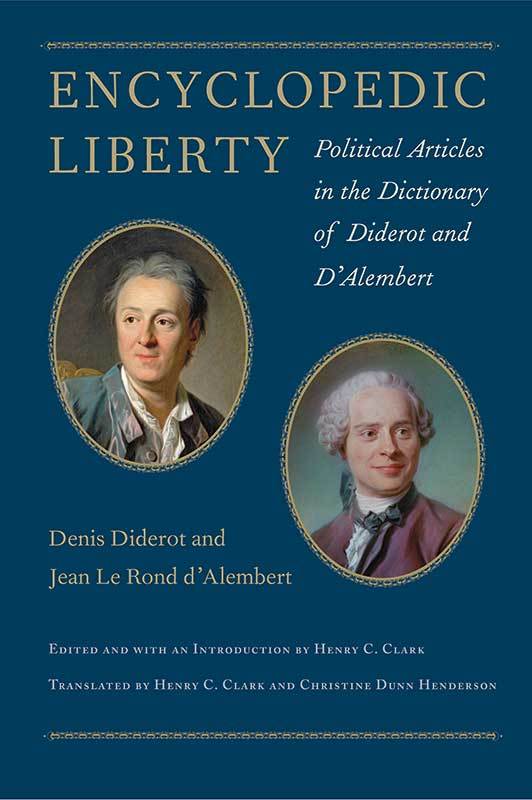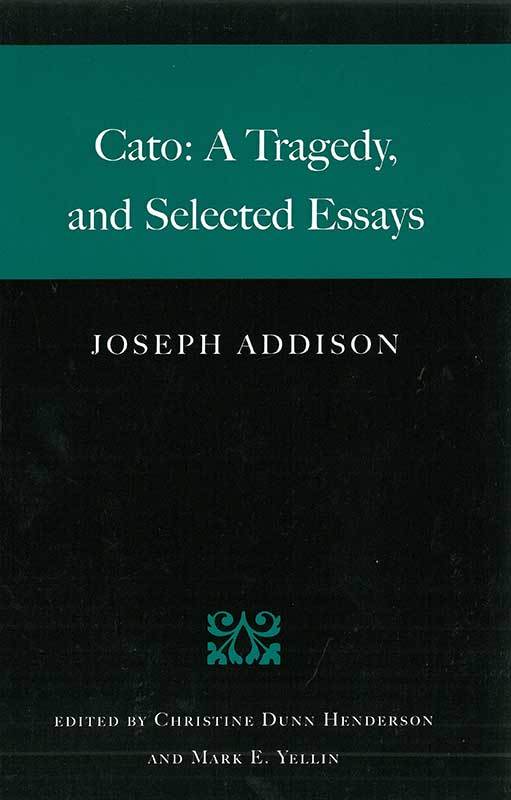Welcome to the Online Library of Liberty
The OLL brings books and ideas together so they can converse with each other and with you. We’ve gathered together collections of texts from historical movements and about big ideas that have changed the world to make it easier to allow our texts to “talk” to each other.
Featured Titles



Denis Diderot (author)

Featured Quotes
Socialism & Interventionism
The moving parts are men, that is, beings capable of learning, reflecting, reasoning, of making errors and of correcting them, and consequently of making the mechanism itself better or worse. They are capable of pain and pleasure,…
Economics
In the payment of the interest of the publick debt, it has been said, it is the right hand which pays the left. [52] The money does not go out of the country. It is only a part of the revenue of one set of the inhabitants which is…
Philosophy
Love is an affection which carries the attention of the mind beyond itself, and is the sense of a relation to some fellow-creature as to its object. Being a complacency and a continued satisfaction in this object, it has, independent…